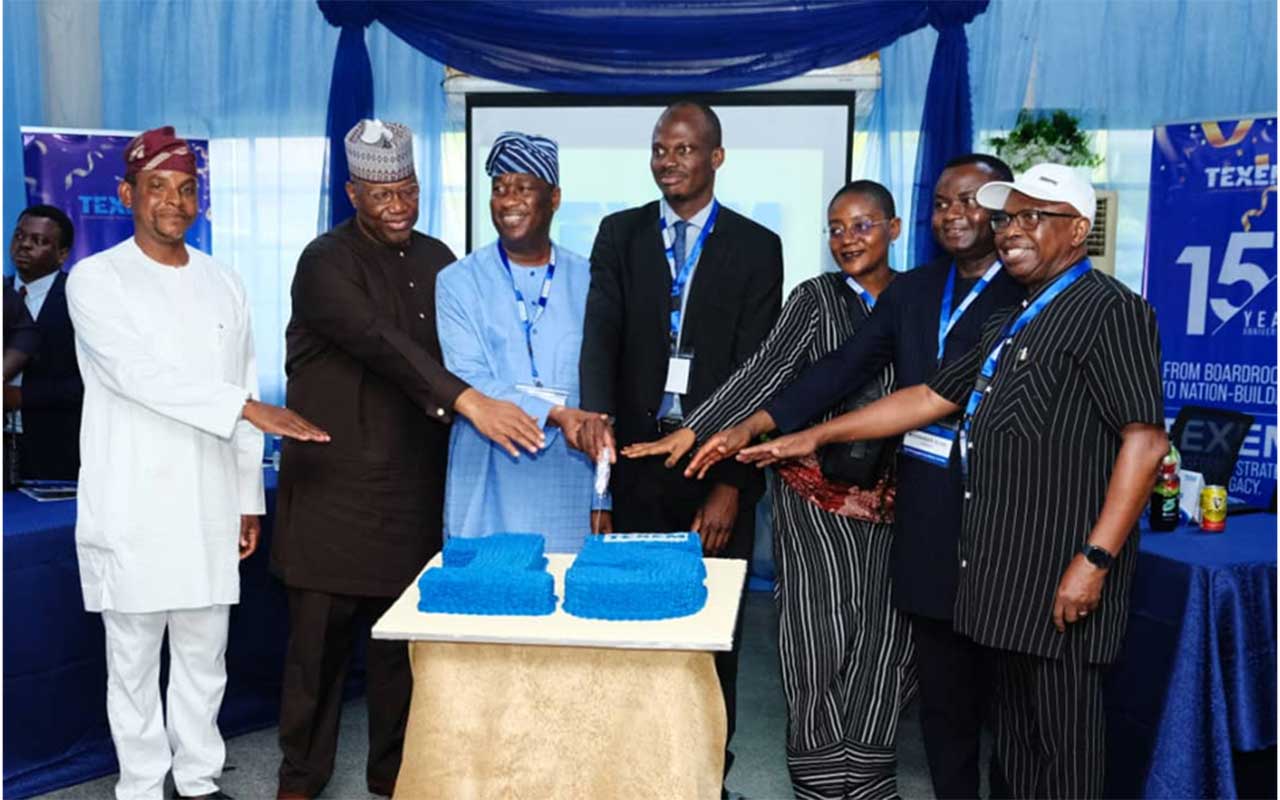In a world too often defined by transactional giving and optics-driven interventions, something extraordinary happened at Greensprings School, Lagos. Over a hundred senior secondary students gathered not for entertainment, nor for tokenistic exposure, but for something deeper, a genuine invitation to lead.
What made this event exceptional was not the calibre of the speakers or the prestige of the organisers, though both were impressive. What set it apart was the moral clarity underpinning its existence. It was a masterclass in normative corporate social responsibility—a manifestation of giving as duty, not as a tactic.
TEXEM, a UK-based leadership development organisation, convened this youth leadership workshop to mark its fifteenth anniversary. But unlike many commemorative events that serve as vanity milestones, this was a profoundly human declaration: that leadership development should not be reserved for boardrooms and ministries. It must start where the future lives—in our schools, in our youth, in the raw courage of untapped potential.
Dr Alim Abubakre, the founder of TEXEM, framed the day with one simple but urgent truth: leadership does not begin with a job title. It begins with awareness, with action, and with the courage to serve. This sentiment was not rhetorical. It was a call to conscience that wove through every panel, every breakout session, and every question asked by the students who had never before seen themselves as stakeholders in national transformation.
From John Momoh’s passionate reflections on media integrity to Deputy Governor Obafemi Hamzat’s poignant plea for values-driven public service, each contributor affirmed a shared moral belief: that society has a sacred responsibility to equip its youngest members not only with skills but with vision, empathy, and agency.
The workshop’s design echoed this ethos. Students were not passive recipients of wisdom; they were co-creators of dialogue. They posed hard questions to public leaders, shared their perspectives on national issues, and committed to specific actions they would take in their communities.
One student pledged to advocate for mental health awareness among her peers. Another set out to build a small recycling initiative in her neighbourhood. These were not exercises in branding or PR—they were acts of conviction, sparked by a sincere encounter with responsibility.
The difference lies in intention. Normative CSR does not measure success by future ROI or long-term market positioning.






